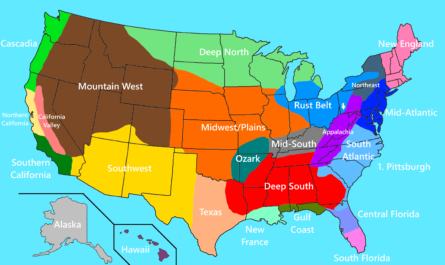In a recent development, UK public health officials have confirmed the first human case of a swine flu strain, specifically the H1N2 variant, which is similar to the strain circulating in pigs. The individual in question had experienced respiratory symptoms and was tested by their doctor, leading to the detection of the H1N2 virus, which has not been previously observed in humans within the country. The UK Health Security Agency (UKHSA) stated that while this is the first detection of the virus in humans in the UK, it bears resemblance to viruses identified in pigs. Consequently, the agency is swiftly tracing close contacts to minimize the potential spread.
According to Meera Chand, the incident director at the UKHSA, this marks the first time that the H1N2 virus has been detected in humans in the UK. Although the individual only experienced a mild illness and has now fully recovered, the source of their infection remains undetermined and is currently under investigation. The UKHSA’s chief veterinary officer, Christine Middlemiss, asserts that veterinary and scientific knowledge is being employed to support the ongoing probe.
Swine influenza A viruses, including the H1N1, H1N2, and H3N2 subtypes, are endemic in swine populations across many regions worldwide. Occasionally, these viruses infect humans, typically following direct or indirect exposure to pigs or contaminated environments. The most notable swine flu outbreak occurred in 2009 with the H1N1 pandemic, marking the first major influenza outbreak of the 21st century. Initially, the official death toll was reported as 18,500, but The Lancet medical journal later revised that number to range between 151,700 and 575,400 deaths.
It is critical to promptly and effectively manage cases of swine flu in humans to prevent the potentially rapid spread of the virus. The confirmed case in the UK highlights the importance of surveillance and rapid response measures in curbing the transmission of swine flu strains. By tracing close contacts and implementing appropriate control measures, health authorities can minimize the risk of a widespread outbreak.
As the investigation into the source of the individual’s infection continues, it is crucial for health agencies to disseminate vital information and guidelines to the public. Heightened awareness regarding hygiene practices, such as frequent handwashing, respiratory etiquette, and staying home when unwell, serves as a fundamental preventive measure. Additionally, individuals who have been in close contact with pigs or pig farms should remain vigilant and seek medical attention if they experience flu-like symptoms.
In conclusion, the confirmation of the first human case of the swine flu strain H1N2 in the UK reinforces the need for proactive monitoring, prompt testing, and effective contact tracing to prevent the further spread of the virus. By leveraging veterinary and scientific expertise, health authorities can work towards understanding the source and transmission dynamics of swine flu strains, allowing for the implementation of targeted interventions to safeguard public health.
*Note:
1. Source: Coherent Market Insights, Public sources, Desk research
2. We have leveraged AI tools to mine information and compile it




